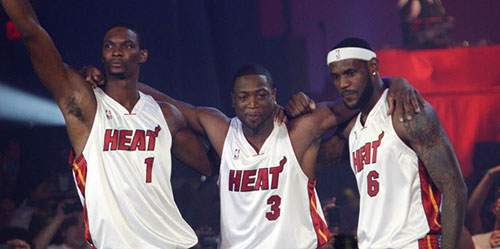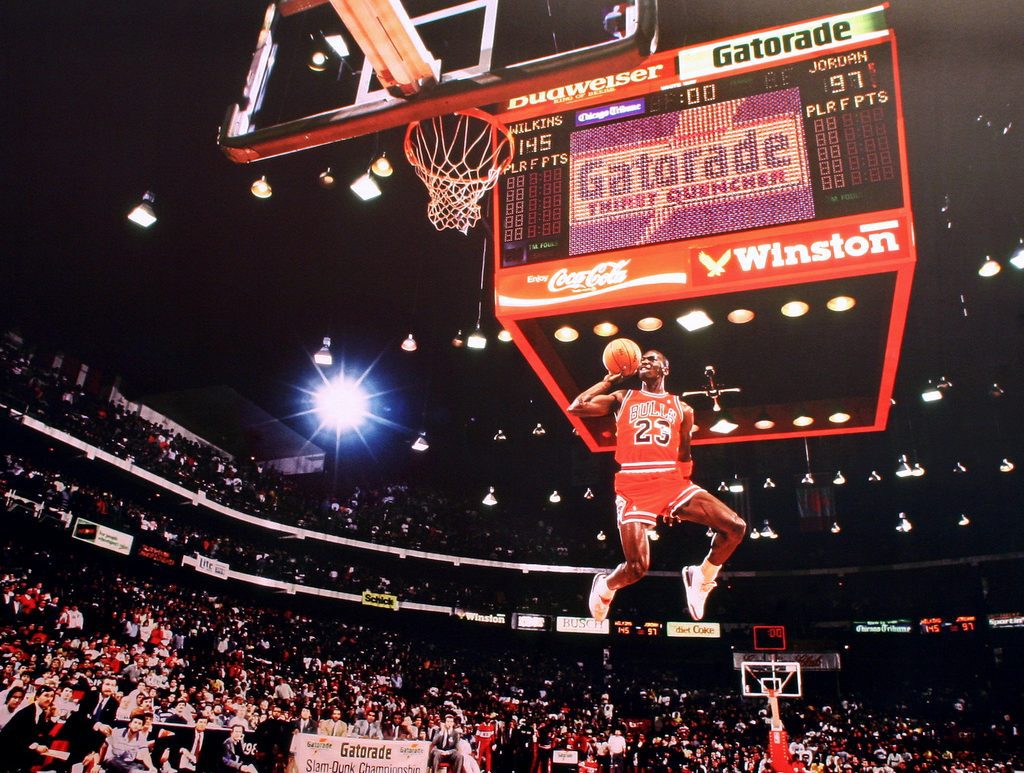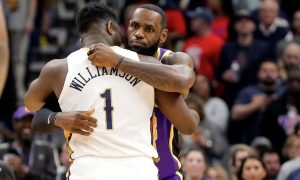In its current form, NBA decision making as a major event traces its origins to the infamous offseason of 2010. LeBron James, Dwyane Wade, Chris Bosh, Rudy Gay, Amare Stoudemire, Joe Johnson, Dirk Nowitzki; these were the free agents responsible for the hoopla that allowed “The Decision” to transform from a common noun to a proper one.
The summer of 2010 also coincided with the growing maturity of what we now know as “Basketball Twitter,” a community of bloggers, athletes, reporters and fans that make the online sports experience an interactive one no matter where anyone might be. From any corner of the globe, fans can experience play-by-play updates of NBA games, as well as breaking news and analysis direct from the source. As with any community, this also lent itself well to the myriad of different opinions picking over any and all happenings within its scope.
Since then, players such Carmelo Anthony, Chris Paul, Deron Williams, Derrick Rose and Dwight Howard have had such moments where crucial decisions were made and the results analyzed, over-analyzed, and analyzed some more. Whether it’s sitting out an injury or deciding teams, the internet always has something to say about the right or wrong of the matter, and oftentimes, there is no possible answer that will satisfy the NBA fan as a “right” decision.
If LeBron James chooses the Miami Heat over staying with the Cleveland Cavaliers, he’s deciding to be a sidekick instead of going at it alone like Michael Jordan or Larry Bird would have. If he chooses Cleveland over Miami, he’s choosing money or pride over winning at all costs.
If Dwight Howard chooses the Houston Rockets, he’s leaving another team yet again. If he chooses the Los Angeles Lakers, he’s just doing it for the money.
If Derrick Rose plays despite still being injured, he’s putting himself at risk. If he decides to sit, he’s not willing to play through an injury to help his Chicago Bulls.
NBA analysis has grown so broad and all-encompassing that it’s impossible for it not to contradict itself. The main problem will often stem from a faulty view of the past. WWJD; What Would Jordan Do? has become the golden standard by which certain groups judge certain decisions. Jordan wouldn’t do this, Bird wouldn’t do that, they never did things like that in the 1970s or 80s. Oftentimes, these are false memories and projections of ideals that require a suspension of the facts. People often bemoan the NBA’s flopping problem as a recent development, but the evidence points to its existence long before current NBA players were even born.
The time has come for NBA analysis to go from what should or should not be, to simply what something is and what it could mean. Forever chasing unattainable ideals and judging the absolute right or wrong of a situation only serves to lower the quality of discussion to your personal view of what should be important to a person. Much like in real life, we must come to accept that different people value different things. There are selfish people and selfless people, people who care about riches and people who care about glory, people whose lives revolve around an obsession and people who choose to live their lives in pursuit of various things. No matter what their motivations are, we can still appreciate the showmen of the NBA for what they are and the impact they make on our lives.

















